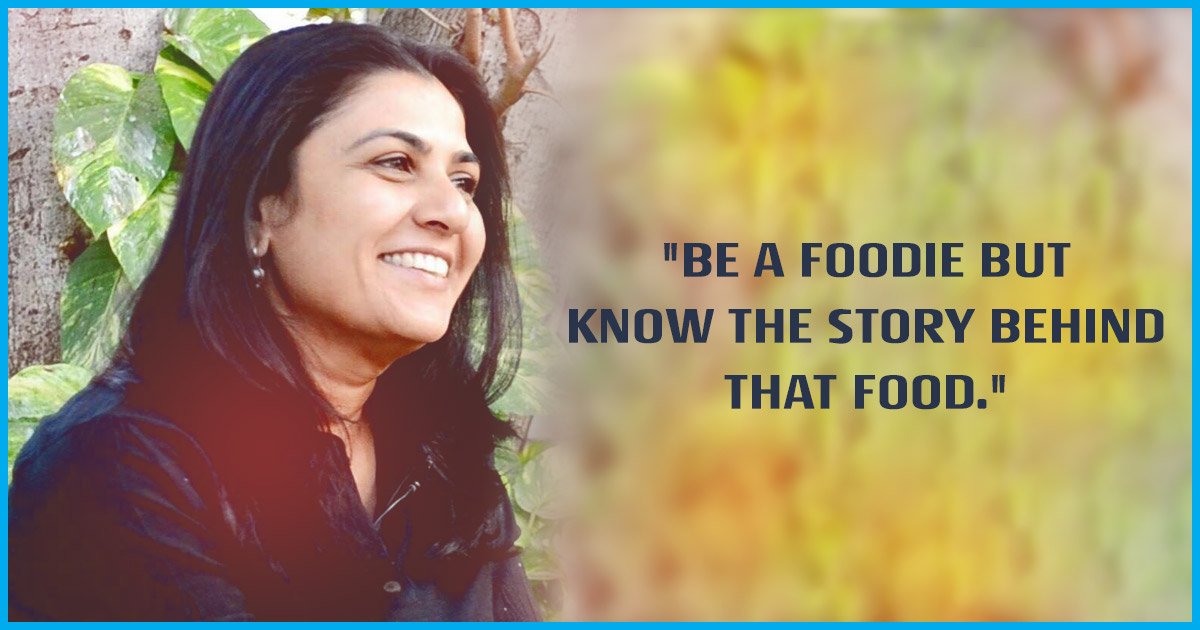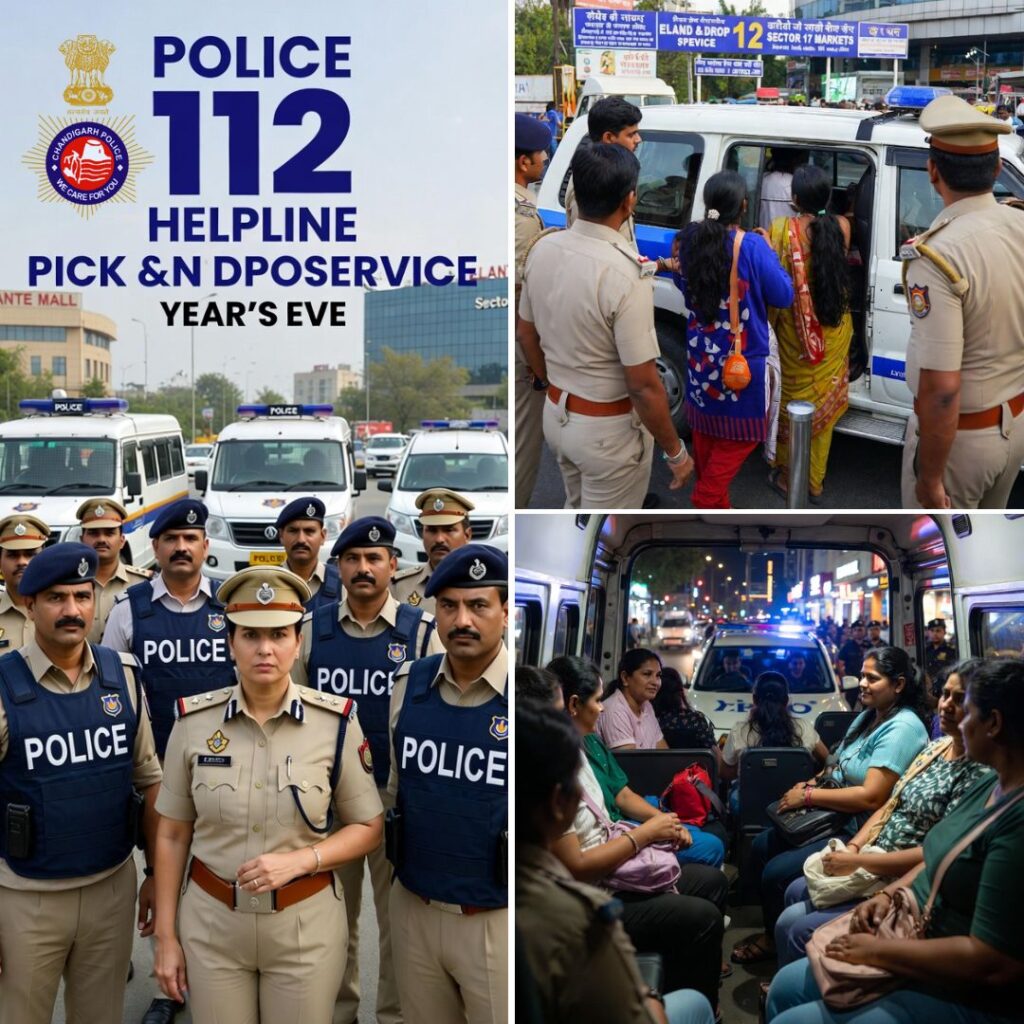“After completing my post-graduation in Environmental Management from Sydney, I returned back to the city and worked with many organizations. For five years I worked in different environment related projects; from working as a research assistant to freelancer to documentary writer, I tried my hands at everything but still I felt that something was missing. On the other hand, we own a big land in a village which is around 45 kilometer away from the city and every weekend my mother would go to the village and plant something new.
I knew a little bit about farming but never went into its details until one fine day my mother decided to take me to that farm for the weekend. I lived there for that weekend and decided to never come back, because I had finally found something which satisfied my soul. Ditching my comfortable and relaxed lifestyle I decided to move to the village and start organic farming in our five-and-a-half-acre land. I knew about organic farming so I taught the same to the laborers at the farm and warned them that I want to produce everything without chemicals and fertilizers. I met researchers, read books, saw videos, and met experts to learn about every detail of organic farming. Initially villagers used to laugh at me seeing a woman farmer in urban clothes.
For them it was hard to digest that an urban woman has decided to settled here and do organic farming. Gradually I started producing everything in the farm; from grains to vegetables to fruits to ayurvedic trees and I decided to remove money system from the village. I use barter system in my village where I exchange my farm products with the shopkeepers to get other products. At one point of time I also used to have 15 Buffalos, 6 Cows, 6 Goats, 5 Dogs and 8 Poultry and my animals were the largest milk suppliers in the village. Today I visit different villages and work with women farmers about the organic farming and also try to connect them with the customers. I also teach Food Geography and Food Politics as a subject in two best Universities of Gandhinagar and also encourage urban people to adopt organic farming.
Any Message?
Don’t take food lightly. Respect food and feel privileged that you get food three times a day because the people who are producing our food are committing suiciding. Be a foodie but know the story behind that food. Watch your plate and don’t waste food.”
– Purvi Vyas
Story By – Pray Bavishi | Humans of Amdavad
If you too have an inspiring story to tell the world, send us your story at [email protected]











